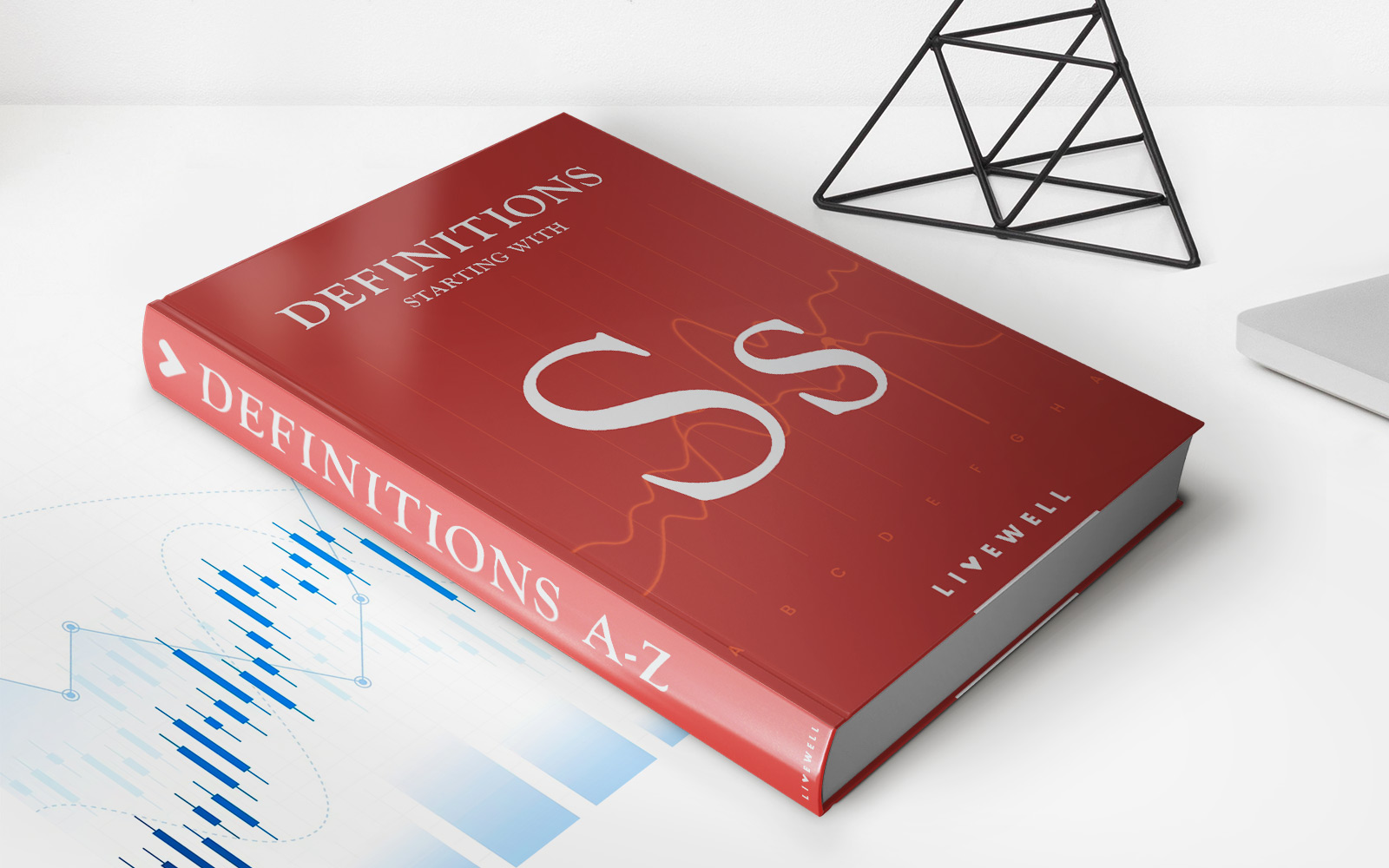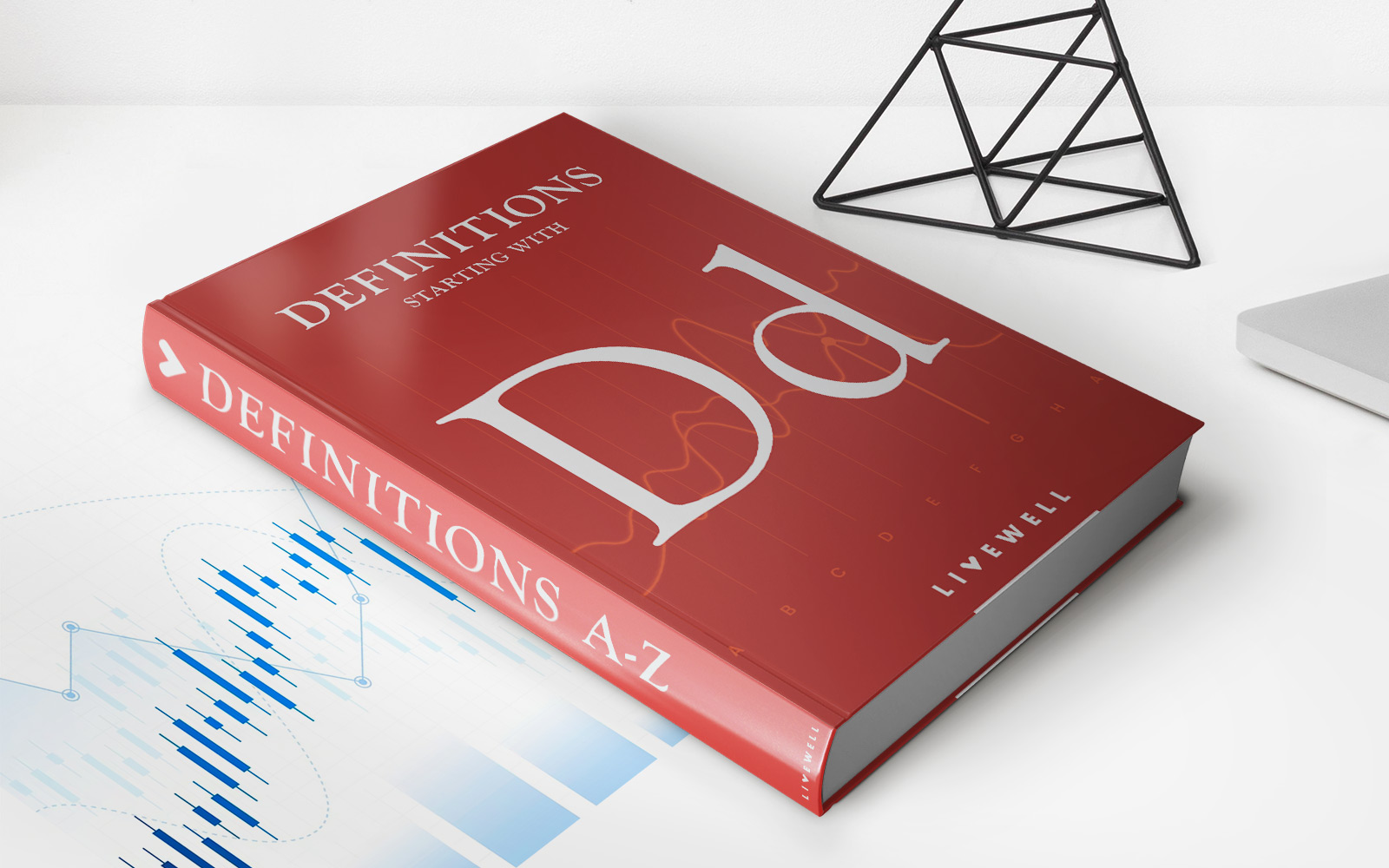

Finance
Bear Squeeze Definition
Published: October 15, 2023
Discover the meaning of bear squeeze in finance. Learn how it affects markets and investors. Stay informed with our comprehensive definition guide.
(Many of the links in this article redirect to a specific reviewed product. Your purchase of these products through affiliate links helps to generate commission for LiveWell, at no extra cost. Learn more)
What is Bear Squeeze? Demystifying the Definition
Welcome to the FINANCE category on our page! In today’s blog post, we are going to explore and demystify the definition of Bear Squeeze – a term often heard in the world of finance. So, what exactly is Bear Squeeze and how does it affect the market? Let’s dive in and find out!
Key Takeaways:
- Bear Squeeze refers to a scenario in the financial market where short sellers, who have borrowed and sold assets, are put under pressure to close their positions due to rising prices.
- This phenomenon can lead to a further increase in prices, causing a domino effect as short sellers rush to buy back the assets they borrowed.
Now, let’s delve into the definition of Bear Squeeze in more detail. In the stock market, short selling is a trading strategy where investors borrow shares of a stock from a broker and sell them with the hope of buying them back at a lower price in the future. This allows them to profit from the difference between the selling price and the buying price. However, a Bear Squeeze can disrupt the plans of these short sellers.
A Bear Squeeze occurs when a stock that has been heavily shorted starts to experience an unexpected rise in price. As the price increases, short sellers find themselves under pressure to close their positions in order to limit their losses. This rush to buy back the shares they borrowed pushes the price even higher, creating a feedback loop that amplifies the upward momentum. The more short sellers that are squeezed, the more intense the Bear Squeeze becomes.
So, why does this matter? A Bear Squeeze has the potential to significantly impact the market and the price of a stock. Here are a few reasons why:
- Increased Volatility: A Bear Squeeze can cause sudden and drastic price movements, resulting in increased volatility in the market.
- Forced Covering: Short sellers who find themselves in a Bear Squeeze are forced to buy back the shares they borrowed at whatever price they can get, driving the price even higher.
- Potential Losses: Short sellers who fail to close their positions during a Bear Squeeze may face significant losses.
While Bear Squeezes can offer opportunities for those who are long on a stock, they can also be risky and unpredictable. Traders and investors must stay vigilant and closely monitor market conditions to identify potential Bear Squeeze situations and make informed decisions.
In conclusion, a Bear Squeeze is a situation in the financial market where short sellers face pressure to close their positions due to rising prices. This can lead to further price increases as short sellers rush to buy back borrowed assets. Understanding the definition and potential impact of Bear Squeeze is crucial for anyone involved in the world of finance.
We hope this blog post has shed some light on the concept of Bear Squeeze and its significance in the finance industry. Stay tuned to our FINANCE category for more insightful content!














